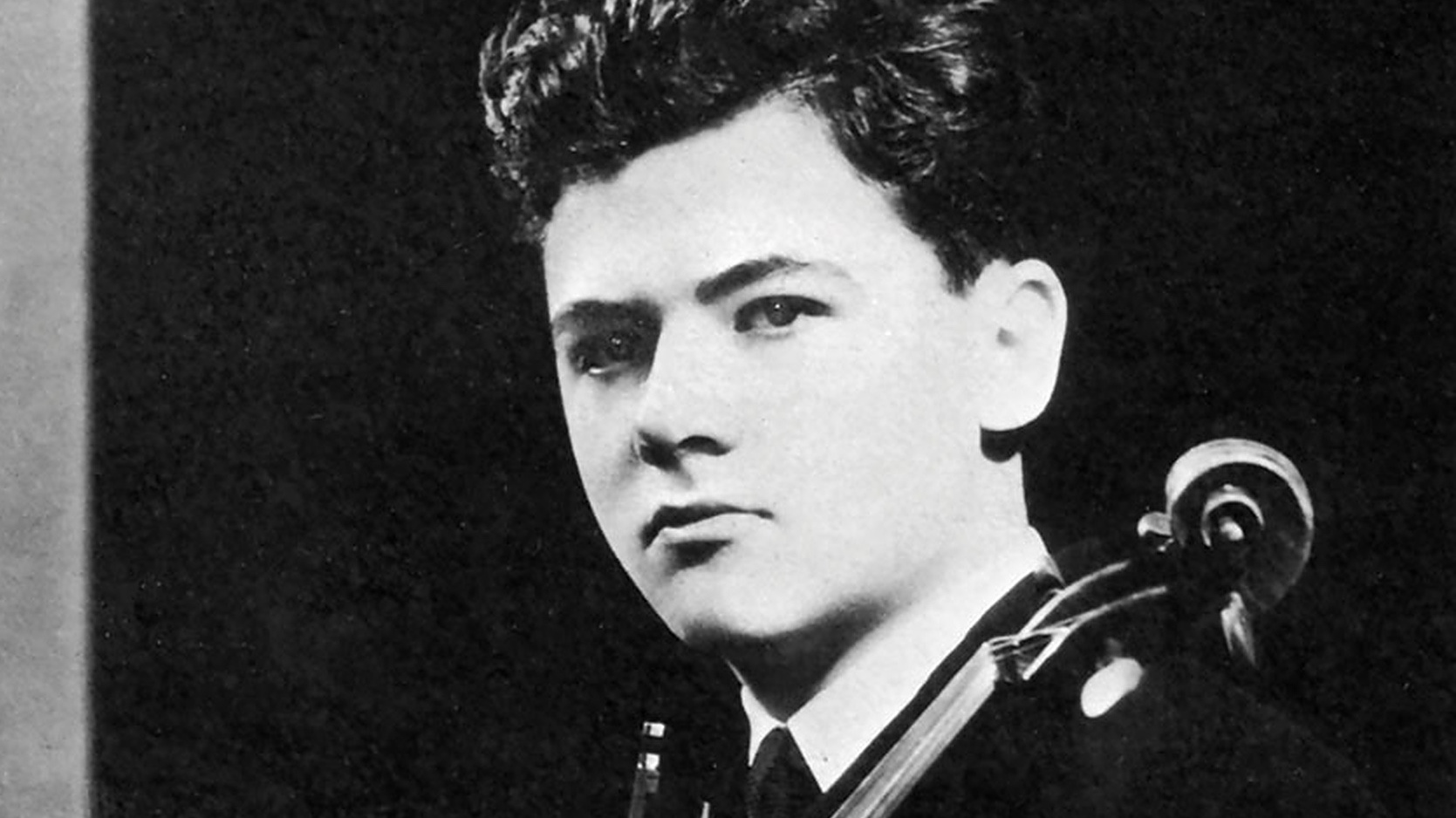Philadelphia’s Wanamaker Organ: Power, Warmth, and Lyricism
Last week, Macy’s announced that it is closing its Center City Philadelphia store in the iconic Wanamaker’s Building. Built between 1904 and 1911 during the ascendancy of Wanamaker’s department store, the magnificent Beaux-Arts structure was designed by Chicago architect Daniel Burnham. Flanked by majestic columns, and clad in polished marble, its soaring seven-story tall central atrium culminates in a Renaissance-style mosaic ceiling. For shoppers, this Grand Court functioned as a bustling indoor …







